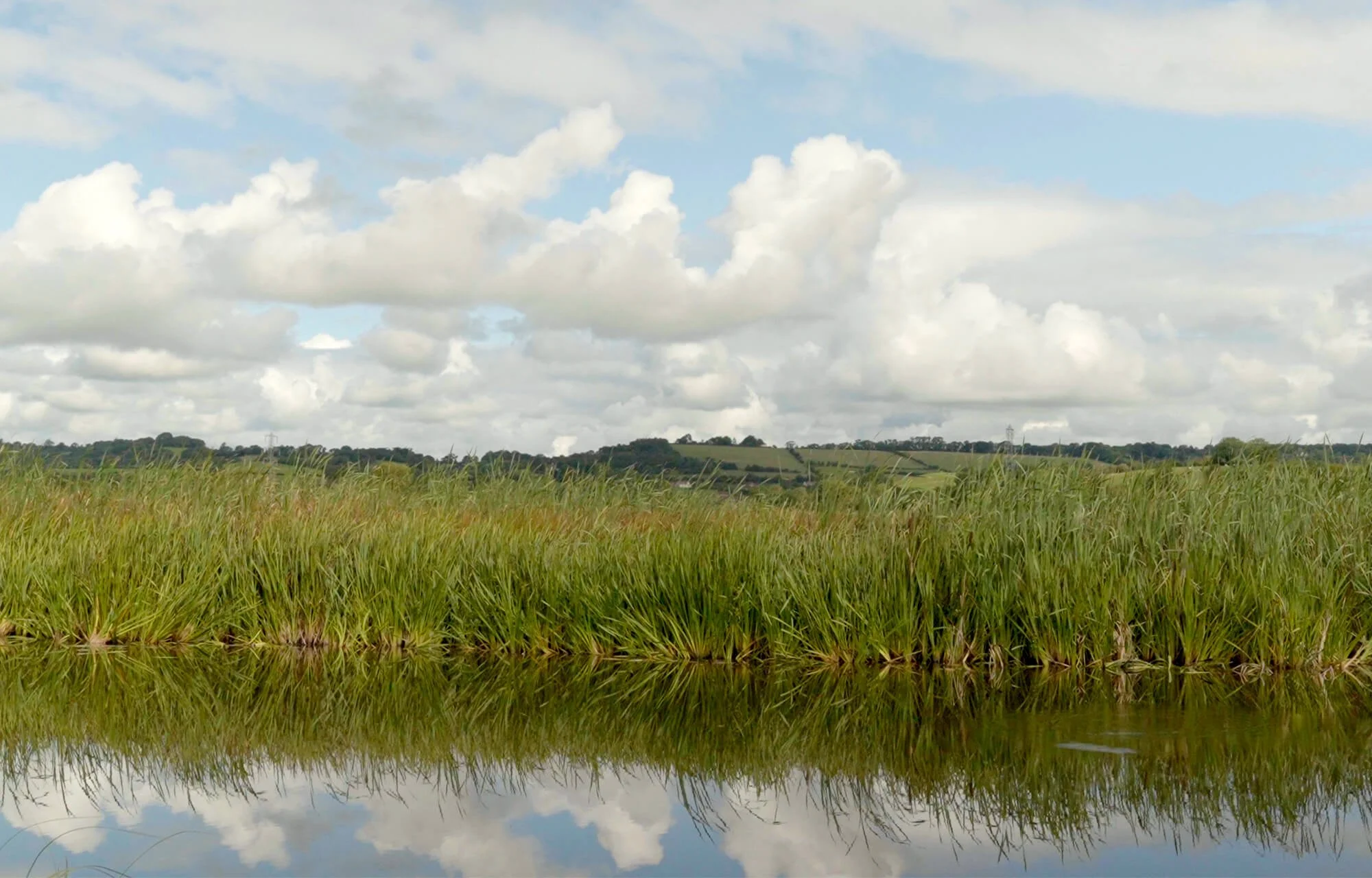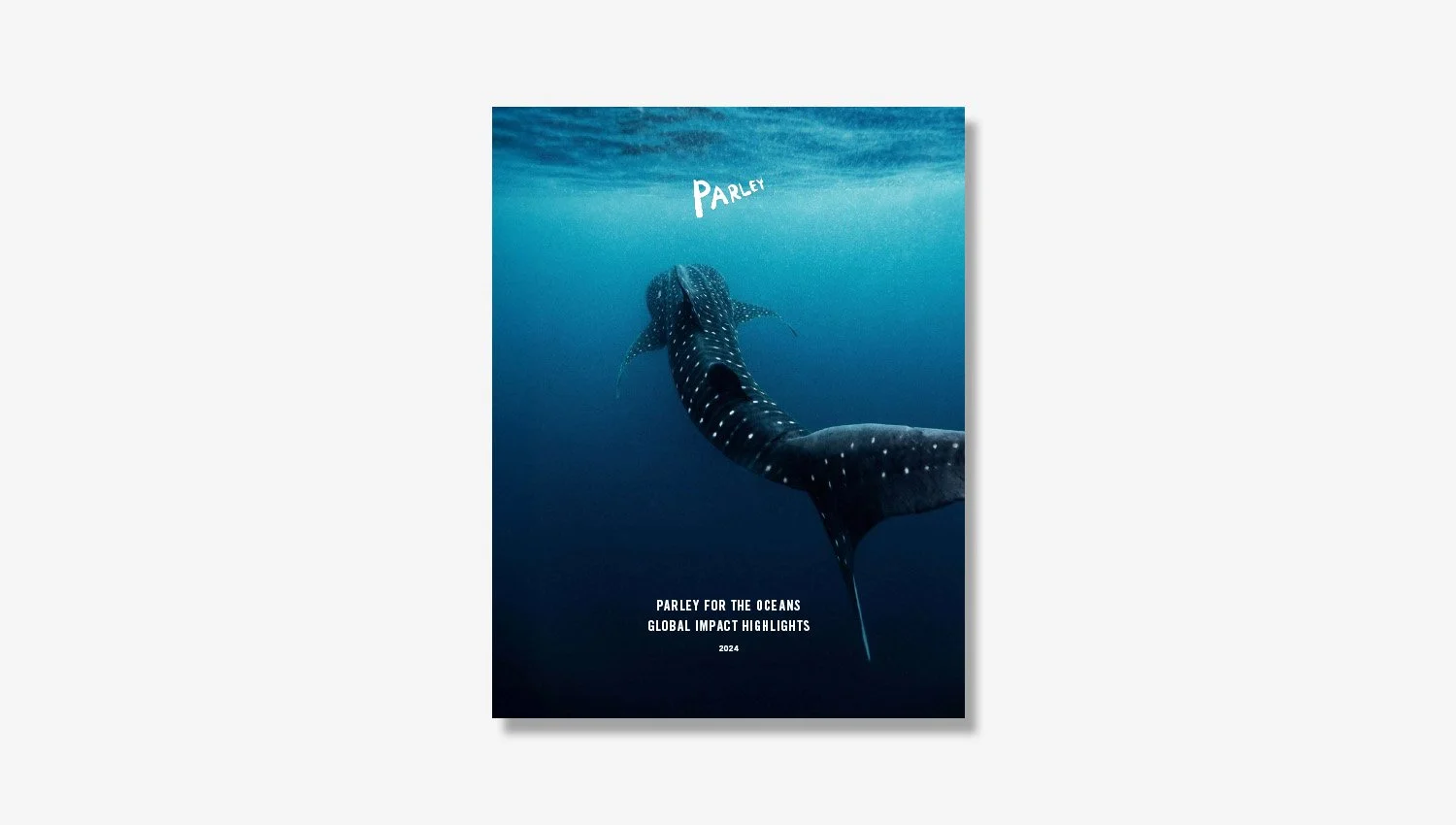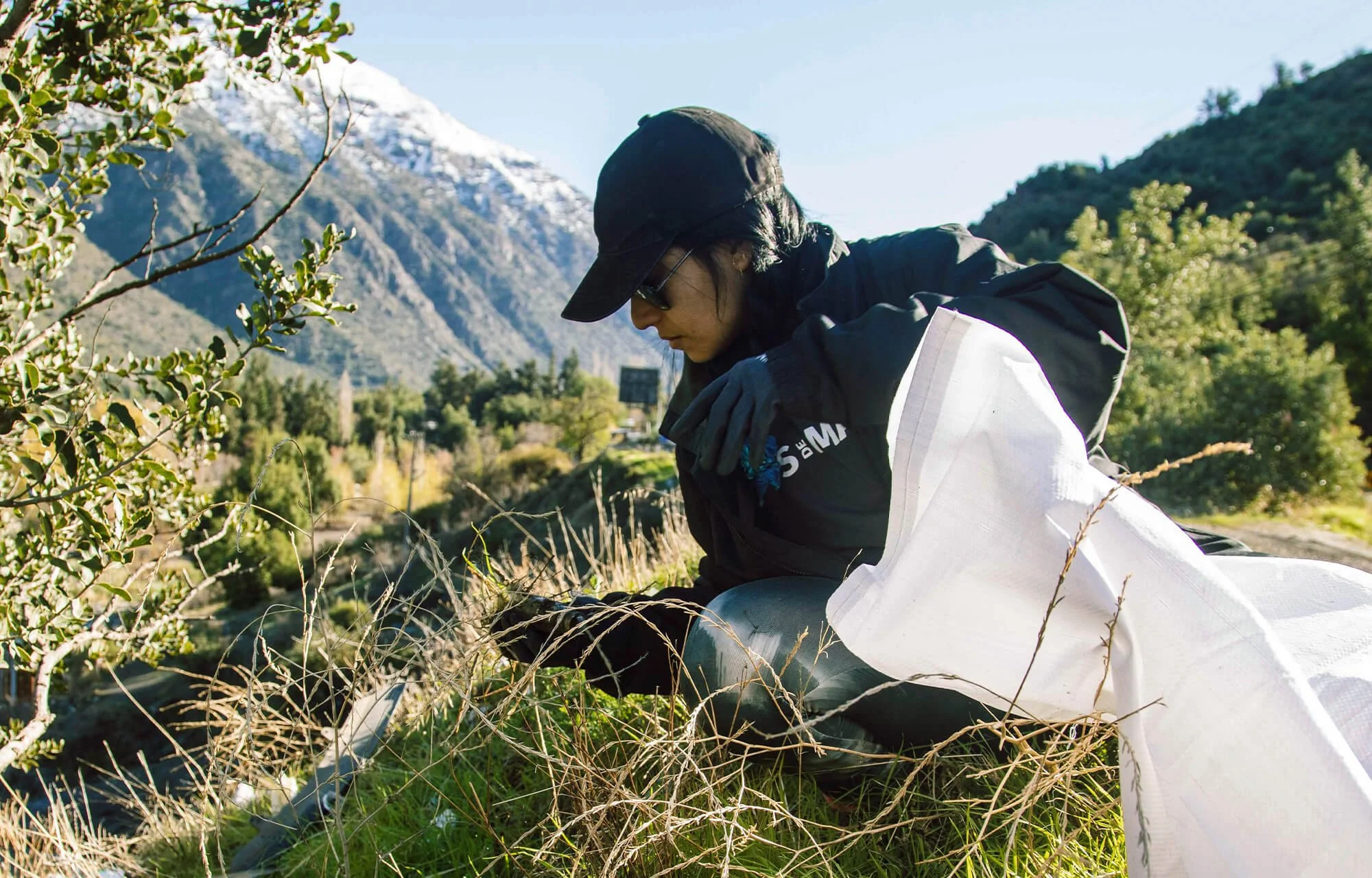Maldives Bans Single-Use Plastic Imports
A huge win for the oceans and a milestone in the island nation’s long-term Parley AIR implementation
Header image by Rodrigo Farias Moreno. This image by Shaahina Ali and Ali Sameeh.
As of June 1, 2021, the government of the Maldives has enacted a ban on the import of many single-use plastic items including all plastic straws, single-use plates, cutlery and stirrers, Styrofoam food boxes, betel nuts in plastic wrapping, 500ml or less PET beverage bottles, 250ml or less coffee cups, small plastic toiletry bottles, cotton buds with plastic stems and some plastic bag sizes. This is a huge win for the oceans and comes as part of a wider push by the government of the Republic of Maldives to largely eliminate plastic waste by 2023.
The move will help our ongoing partnership with the government to implement the Parley AIR Strategy (Avoid, Intercept, Redesign) nationwide and pioneer Parley’s Future Island Nation program – a blueprint for other ocean-bound countries. Learn more about Parley Maldives and hear from our program’s director, Shaahina Ali, in the DW documentary Maldives: Fighting Back the Tides of Trash:
Plastic Free Rivers and Seas for South Asia
The Maldives is one of eight nations implementing Parley AIR to address plastic pollution through Plastics Free Rivers and Seas for South Asia, a first-of-its-kind regional project and collaborative program launched by the World Bank, the South Asia Cooperative Environment Program (SACEP) and Parley that will identify, finance and scale innovative solutions and polices to address plastic pollution.
South Asia is the world’s second largest contributor to solid waste, emitting 334 million tons annually. The region is also on track to be the fastest-growing contributor to plastic pollution over the next two decades. About 70 to 80 percent of this waste travels into rivers and oceans, and about 12 percent is plastic, threatening livelihoods and human health.
Marine plastic pollution is a complex global crisis for which there are no magic fixes. Every nation and industry shares the responsibility to take immediate action and help curb the threat. Many of South Asia’s rivers and seas span across national boundaries, therefore a regional approach is necessary to address plastic waste leaching into waterways and ultimately, the oceans. Working together to turn the tide on marine litter, Afghanistan, Bangladesh, Bhutan, India, Maldives, Nepal, Pakistan and Sri Lanka will demonstrate how nations can grow back stronger after the coronavirus pandemic and embrace an all-hands-on-deck approach to lead the way in solutions that strengthen regional cooperation alongside sustainable development goals.













